Plastic Waste: Impact on Marine Ecosystems
By. Amma - 23 Jan 2025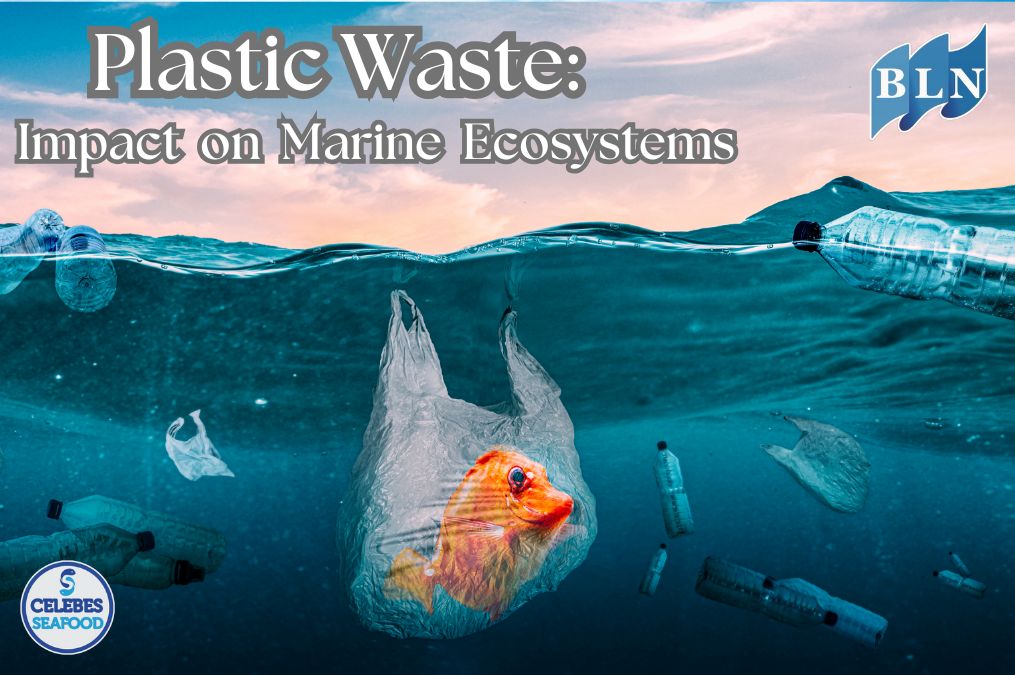
lautnusantara.com Marine debris, especially that made from plastic, has a major impact on life below the sea surface. Many marine animals, such as fish, birds and mammals, often mistake plastic waste for food. When these animals ingest plastic, they can face serious health problems, such as digestive tract obstruction, decreased appetite, and can even lead to death.
Small plastic particles resulting from the decomposition of plastic waste have been detected in the bodies of various marine species. The presence of microplastics is not only dangerous for marine animals, but can also enter the human food chain through consumption of fish and other seafood.
Habitat Destruction
Marine debris not only threatens the lives of animals, but also destroys the habitats they inhabit. Coral reefs, which are home to a wide variety of marine species, are particularly vulnerable to physical damage from rubbish. Plastic entangled in coral reefs can cause damage to the coral structure, which in turn disrupts the lives of organisms that depend on it.
Likewise, mangroves and seagrass beds, which serve as nurseries for many species of fish and invertebrates, also face threats from marine debris. Accumulation of rubbish in this area can disrupt plant growth and reduce the quality of existing habitat.
Read Also : Types and Functions of Coral Reefs in Marine Ecosystems
Economic and social impacts
Apart from the impact on ecology, marine debris also has significant consequences for economic and social aspects. The fishing industry, which is highly dependent on the balance of the marine ecosystem, suffers major losses due to declining fish populations and damage to fishing gear caused by rubbish. Likewise, the tourism sector, especially in coastal areas, is experiencing negative effects. Beaches littered with rubbish not only reduce their appeal to tourists, but also harm the local economy.
Countermeasures
To overcome this problem, cooperation from various parties is needed. Some steps that can be taken include:
1. Public Education and Awareness: Increase public understanding of the dangers of marine waste and the importance of disposing of waste in the right place.
2. Reduced Plastic Use: Reduce the use of single-use plastic and switch to more environmentally friendly alternatives.
3. Beach Cleaning Program: Involving the community in regular beach cleaning activities to reduce the amount of rubbish entering the sea.
4. Strict Regulations: The government needs to implement stricter regulations regarding waste management and industrial waste disposal.
The impact of marine debris on ecosystems is very damaging and requires serious attention. With the right steps and cooperation from various parties, we can reduce the negative impact of marine waste and protect marine ecosystems for future generations. Our awareness and actions today will determine the future of the ocean we love.
If you are interested in our OCTOPUS WHOLE CLEANED BALL TYPE, Red Emperor Fillet Skin On, PARROTFISH WHOLE GILLED GUTTED please do not hesitate to contact us through email and/or whatsapp.
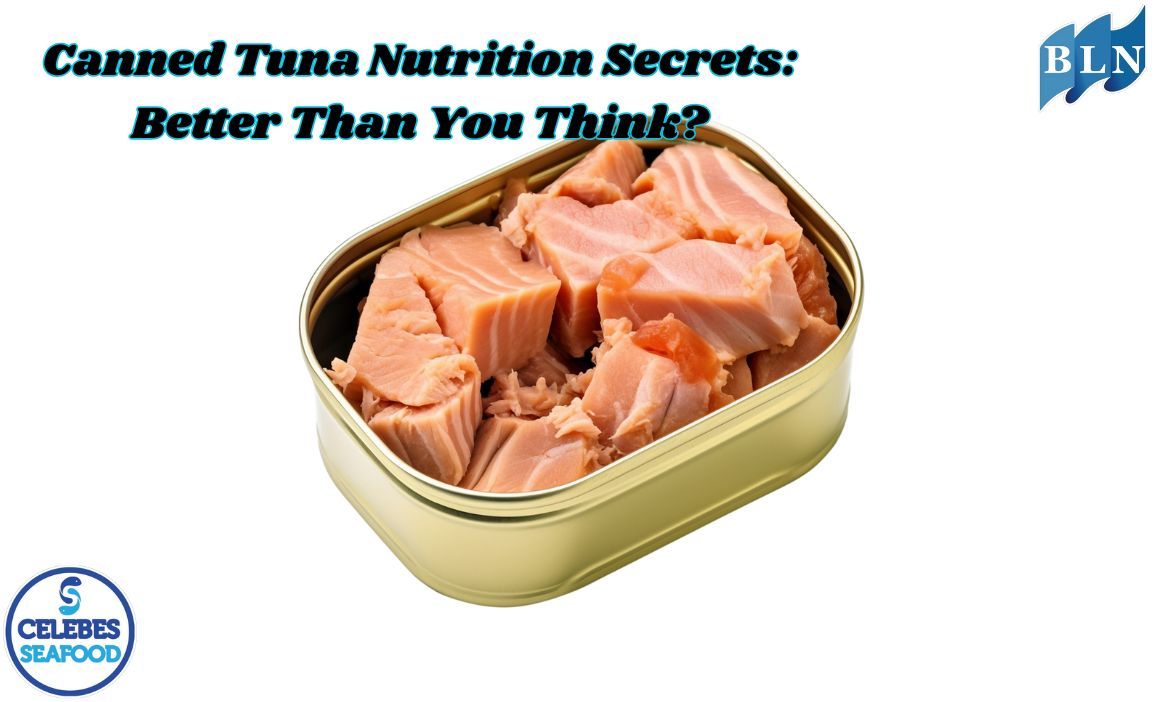
.jpg)
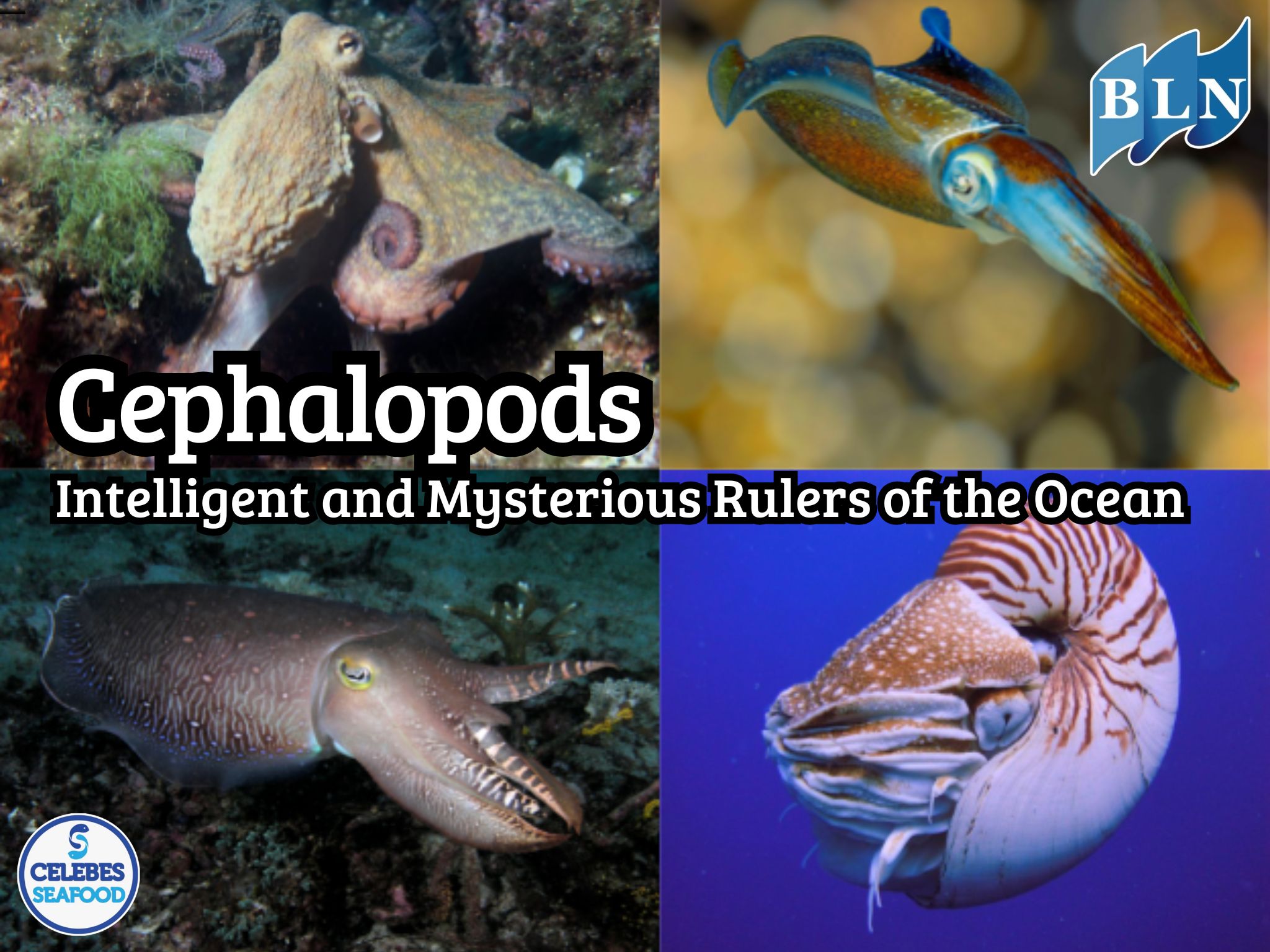
 A Freshwater Predator Full of Benefits.jpg)

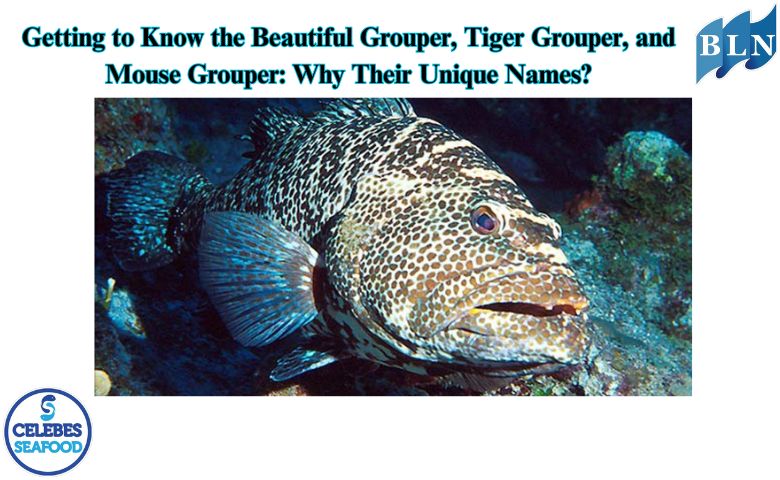
.jpg)
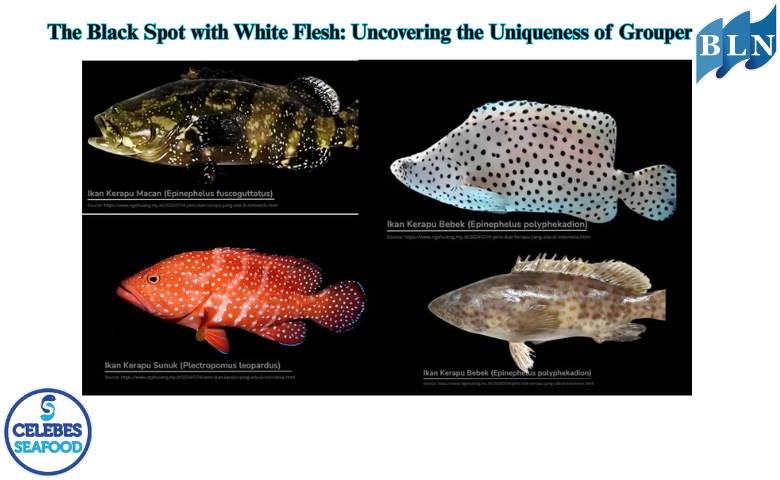
.jpg)